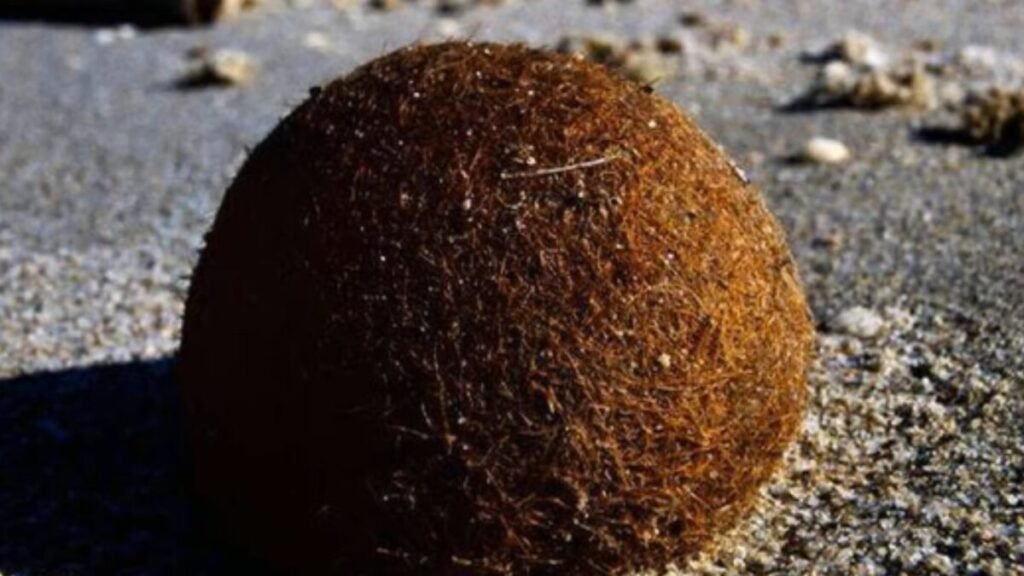What’s the deal with those mysterious “Neptune balls” washing up on our beaches?

Neptune balls, also known as oceanic posidonia, are natural formations made up of dead leaves from a marine plant that compact into fibrous balls. These unique balls are mainly found in the Mediterranean Sea and have been used for centuries for various purposes, such as packaging and insulation. However, recent scientific research has revealed a new and crucial function: they help to retain plastic waste from the ocean.
How Neptune balls are formed:
Posidonia grows in extensive underwater meadows, where it plays a vital role in slowing down currents and promoting the sedimentation of carbon and nutrients. It also provides shelter to a diverse range of marine species. Unfortunately, it also ends up trapping plastic particles that enter the sea from rivers.
What the researchers found:
A study conducted by researchers from the University of Barcelona found that Neptune balls can trap up to 900 million plastic fragments per year, acting as a natural filter against ocean pollution. These balls contain a high number of plastic pieces, with some even having up to 1,500 fragments per kilo. Additionally, during storms or strong tides, the sea expels part of the trapped trash in the meadows, bringing it back to the shores in the form of Neptune balls.
An ecosystem under threat:
Posidonia meadows are facing a decline, with nearly 30% of their extension lost since the late 19th century. Coastal development, poor water quality, invasive species, and ocean warming are some of the factors putting these vital ecosystems at risk. Local initiatives are emerging to restore these essential ecosystems, highlighting the importance of seagrass in preserving marine habitats and improving water quality.
In conclusion, Neptune balls serve as a tangible reminder of the global issue of marine pollution and the urgent need to reduce our reliance on single-use plastics. While they play a crucial role in trapping plastic waste, the real solution lies in preventing plastics from entering rivers and seas in the first place. Ultimately, these unique natural formations underscore both nature’s adaptability and the importance of proactive measures to protect our oceans.






